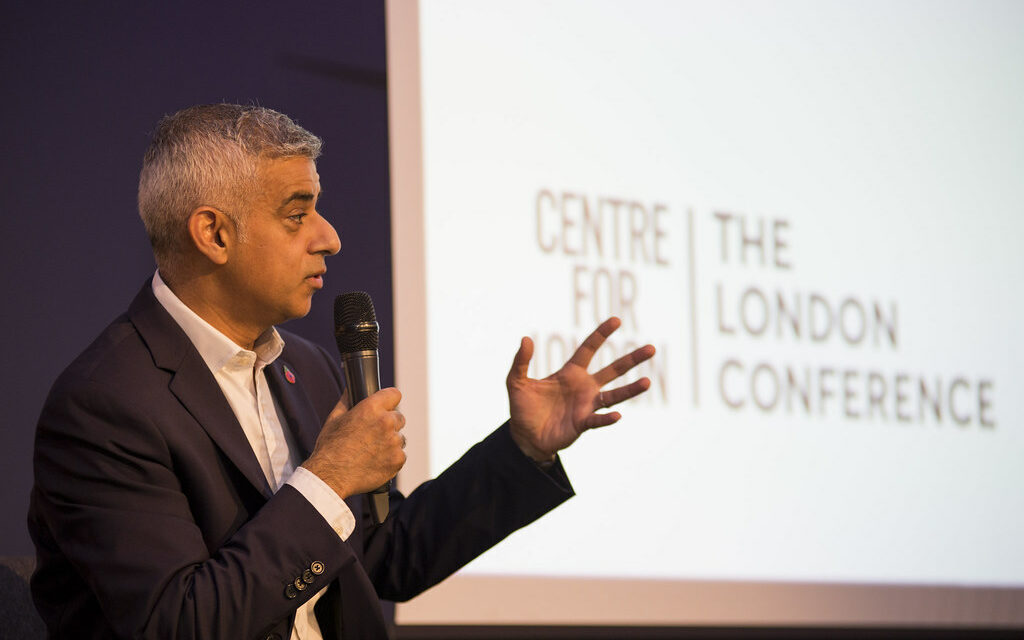Sadiq Khan has attributed the alarming rise in knife crime across the city to the phenomenon of climate change. The assertion has left many scratching their heads and questioning the mayor’s understanding of the complex factors contributing to crime rates.
Khan’s claim suggests a tenuous connection between environmental shifts and the disturbing surge in knife-related incidents. While climate change is undoubtedly a pressing global issue with far-reaching consequences, experts and critics are skeptical about its direct correlation with criminal activities.
Critics argue that Khan’s attempt to link climate change with knife crime overlooks the underlying social, economic, and systemic factors that contribute to such violence. They argue that addressing the root causes of crime requires a comprehensive approach that encompasses factors like poverty, inequality, education, and law enforcement.
The mayor’s statement has drawn criticism for diverting attention and resources away from evidence-based solutions that could effectively tackle knife crime. Critics emphasize the need for practical measures such as increased police presence, community outreach programs, and targeted support for at-risk individuals.
While climate change undoubtedly poses challenges for society, including potential impacts on crime patterns in the long run, attributing the rise in knife crime solely to this global phenomenon oversimplifies a complex issue. It risks diluting the urgency of addressing crime-related challenges with solutions that prioritize the safety and well-being of London’s residents.
As Londoners grapple with the persistent issue of knife crime, public discourse should focus on evidence-based approaches and the collaboration of stakeholders in finding effective solutions. By addressing the multifaceted causes of crime and supporting initiatives that promote social cohesion and opportunities for young individuals, communities can work together to create safer environments for all.
















